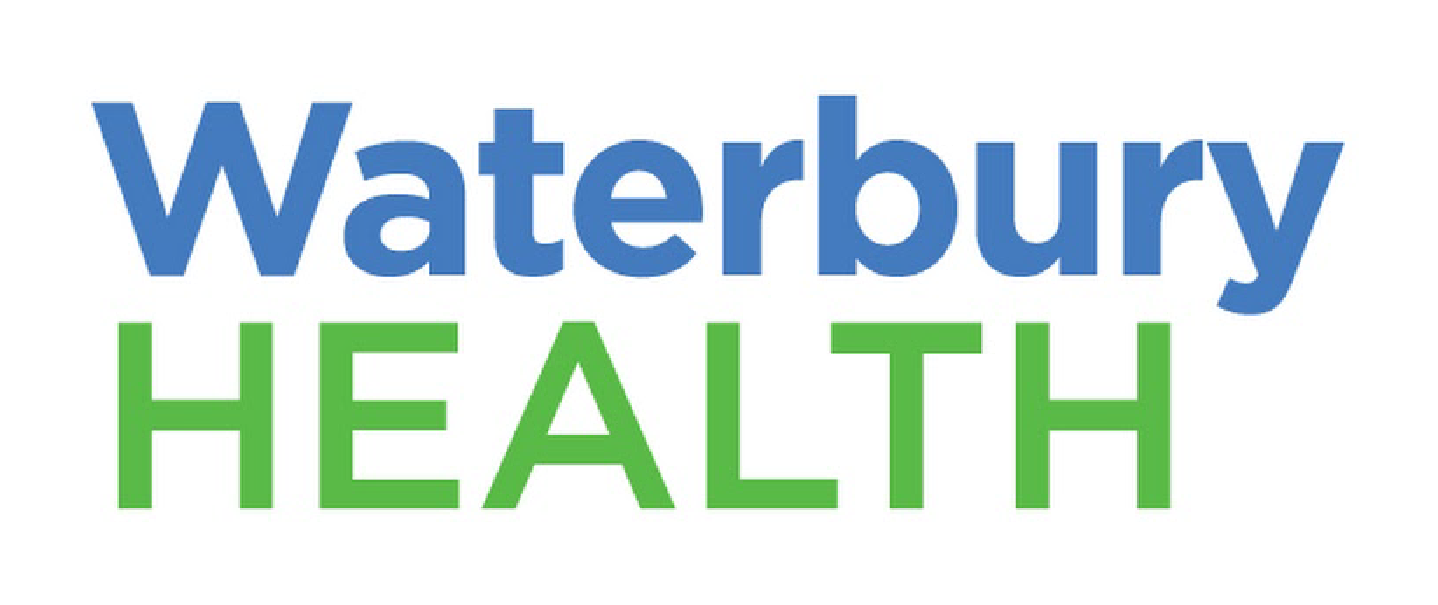Make March Matter!
Listen to Your Body – and Get Screened for Colorectal Cancer!
One of the key things a woman can do to safeguard her own health is to be aware of any changes occurring within her body.
When combined with regular screening, this heightened awareness of any signals your body may be sending can be especially important in helping your health care provider diagnose certain diseases or conditions that may have minimal or ambiguous symptoms at the earliest stages.
Take colorectal cancer, for example. According to the CDC, colorectal cancer is one of the most common cancers affecting both men and women and the fourth leading cause of cancer deaths in the U.S. But while it is also one of the most treatable cancers when caught early, colon cancer rarely causes any obvious symptoms that enable a physician to diagnose it at an early stage and start treatment. This is one reason why the U.S. Preventive Services Task Force lowered the recommended age at which most people should begin to be screened for colon cancer from 50 to 45.
March is National Colorectal Cancer Awareness Month and an opportunity to talk not only about who should be screened for the disease – and when – but also about physical signs and symptoms women, in particular, should look for that may or may not be concerning.
Risk Factors
There are no risk factors for colorectal cancer that are specific to women. People who are at highest risk of colorectal cancer include those with a family history of the disease or of certain types of polyps that are more likely to be cancerous or who have previously been treated for colorectal cancer.
Others at increased risk of colorectal cancer include people who have been treated with radiation for a prior cancer in the pelvic area or abdomen, have a personal history of inflammatory bowel disease, or have a family history of a hereditary colorectal cancer syndrome.
Certain lifestyle factors are also believed to increase your risk. Being overweight or obese, staying physically inactive, eating an unhealthy diet high in red meat and processed foods, smoking, and heavy alcohol drinking are among the additional factors that may make you more prone to developing colorectal cancer.
If you do not have any of these additional risk factors, you are considered to be of average risk of getting colorectal cancer.
The Importance of Screening
Regular screening is the most effective way to determine whether a person has colorectal cancer. If you are at high risk, talk to your health care provider to decide what screening option is right for you.
The American Cancer Society (ACS) recommends that people at average risk of colorectal cancer start regular screening at age 45. The available screening options are either a sensitive test that examines a stool sample for signs of colorectal cancer or a visual exam of the colon and rectum, such as a colonoscopy (every 10 years), CT colonoscopy/virtual colonoscopy (every five years) or flexible sigmoidoscopy (every five years).
If you choose to have a test other than a colonoscopy, the ACS recommends you follow up any abnormal test result by having a colonoscopy. The same is true if you have a positive result from an at-home test kit, such as Cologuard.
If you’re in good health and have a life expectancy of more than 10 years, the ACS recommends continuing regular screening through age 75. From 76 to 85, screening should be based on your individual preferences, life expectancy, overall health, and prior screening history. People over 85 should no longer be screened for colorectal cancer.
Colorectal Cancer Symptoms
The signs and symptoms of colorectal cancer are essentially the same for both men and women. They can include:
- Rectal bleeding or blood in the stool
- Ongoing constipation or diarrhea
- An urge to have a bowel movement even when not needed
- Persistent abdominal discomfort such as cramps, gas or pain
- Unexplained weight loss
- Excessive weakness or fatigue
- Anemia or iron deficiency
Because these symptoms can result from many different conditions, women potentially may be inclined to ignore them. For example, women might simply associate abdominal pain, cramping or bloating as a typical part of their menstrual period.
This is why it’s important for women to listen to their bodies. While they may not necessarily be symptoms of colorectal cancer, any excessive abdominal pain, cramping or bloating that lasts longer than usual, especially if accompanied by unexplained weight loss or anemia, should be reported to your doctor or other health care provider so you can get screened.
Listening to your body – and following up with regular screenings – is the best way to protect yourself from colorectal cancer!
